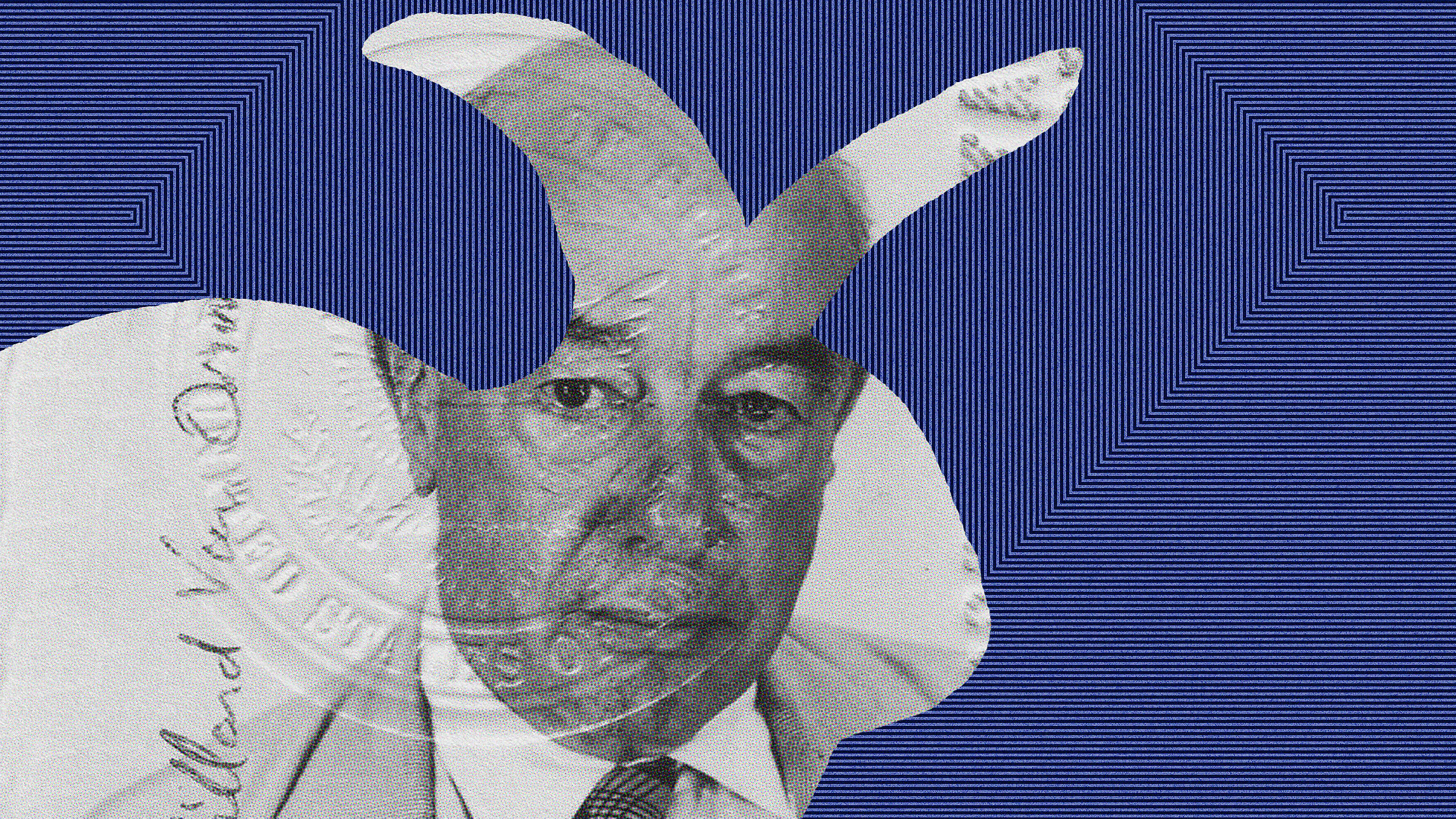What are the chances that God is actually good?

Photo by Motoki Tonn on Unsplash
- In his book, Is a Good God Logically Possible?, James Sterba investigates the role of evil.
- Sterba contends that if God is all-powerful then he'd be able to stop evil from occurring in the world.
- God's inability (or unwillingness) to stop evil should make us question his role, or even his existence.
Why does God allow evil to happen? This question has been at the heart of Western religious philosophy since the dawn of monotheism. The very term and concept of God has long divided humans. Is he the first mover? Beyond definition, as many have argued? If God is all-powerful and humans are incapable of even defining him—I’m using “him” out of convenience, as “it” would be more appropriate in this case; a gendered deity is quite definable—why are so many certain they recognize his moral standing? Given how many sects of religions exist, how can so many people be so wrong?
If we recognize that evil exists (a hard point to dispute), and we also believe that God is omnipotent and omniscient, then we are granting this deity—to be clear, we’re discussing the Abrahamic god—the power of knowing when evil exists and an ability to eliminate it. If God is incapable of stopping evil he is not all-powerful. If he is capable of stopping evil but chooses not to, well, we’ve got an evil God on our hands.
The latest thinker to tackle this unnerving question is James Sterba, professor of philosophy at the University of Notre Dame and author of the book, Is a Good God Logically Possible? While many forms of evil can be discussed in this context, Sterba builds his argument in one specific domain, as he recently explained.
“I’m thinking about moral evil. This is the evil that human beings do. And I’m not thinking about all the evil of a particular action. I’m only worried about the external consequences. This is the part of the evil action that I think God gets in trouble about.”
To highlight his reasoning, Sterba uses the example of homicide. A man gets a gun, loads it, aims, and pulls the trigger. The speeding bullet is the consequence of an idea: he wants to murder someone. Sterba does not concern himself with God’s role in the internal process that led to the purchase and usage of that gun. Thinking, he claims, is for man alone. He questions why God would not have stopped the external consequence of the shooting. He’s not looking for this deity to play the role of thought police, but to step in as actual police would.

A young boy carrying a placard in London’s Trafalgar Square which says, ‘Prepare to Meet Thy God’.
Photo by Fox Photos/Getty Images
If God is unable or unwilling to stop the external consequences of evil—while good and evil can be culturally relative terms, murder is universally recognized as being in the red—then the implications, to the religious at least, would equate to blasphemy.
“If there’s all this evil in the world, maybe God can’t prevent it. Then he’s still all powerful, he just logically can’t prevent it. The problem there is it turns out that God would be less powerful than we are because we can prevent lots of evil. Now if God is stuck in a logical possibility while we’re only stuck in a causal one, then he’s so much less powerful than us. The traditional God can’t be less powerful than we are.”
While this discussion is often relegated to religious philosophy, we regularly witness the effects. Sterba mentions the Pauline principle, that “one should never do evil so that good may come.” Murdering a doctor that provides abortions, a platform accepted by extreme religious conservatives, falls into this category. We can place the record number of migrant children held in detention centers in 2019, nearly 70,000, because their imprisonment supposedly saves American jobs, or keeps brown people out, or this week’s excuse du jour in that category as well.
Sterba says that a religion that purports to champion charity and poverty should not be making a utilitarian argument when at root its adherents should be thinking about not doing evil. Doing evil for a supposed later good is not, by its very nature, a charitable act.
“In traditional religious views, utilitarianism is a horrible thing. Trying to maximize utilitarianism is a bad way of thinking about things. You should be thinking about not doing evil and you should be worrying about intention.”
Sterba invokes the Doctrine of Double Effect, citing the famous ethical dilemma known as the Trolley problem. A speeding trolly is about to kill five people. You’re standing on a bridge and can pull a lever to veer the car to another track and only kill one. In most studies, five to one is easy for people to grapple with—except when they are asked to physically pull the lever, that is. Regardless, the tradeoff is less evil thanks to the hands of a human.
Sterba says this dilemma works in humans but not God. If God is truly powerful, “he’s never stuck in allowing evil to happen. We sometimes are stuck if we’re trying to do some good, we’re allowing evil to happen, God could always, at the level of external action, stop the evil of all bad actions.”
God, he continues, should not be causally or logically unable to stop evil, if he so chooses.
“Either he’s not done it because he’s an evil god—that’s not a helpful result—or he’s not done it because he’s not very powerful, maybe even less powerful than us.”
While Sterba focuses on moral evil, he entertains nature as well. Take climate change. Beyond the acceleration of environmental catastrophes, the planet has never actually been completely hospitable to humans. Natural disasters have always occurred; our species has nearly been wiped out in past eras. Why would an all-powerful god not make this planet more amenable to our survival if we’re really his chosen species?
There might never be answers to such questions given the contentious nature of this discussion. While Sterba goes to great philosophical lengths to contemplate the problem of evil, he also grounds his thinking in the practical and applicable. Regardless of your religious belief (or non-belief), it behooves everyone to remember that when it comes to moral evil, we are all empowered to play a beneficent, or evil, role. As he puts it,
“Even if we think God is behind everything, we should do all we can.”
Amen.
—-
Stay in touch with Derek on Twitter and Facebook. His next book is Hero’s Dose: The Case For Psychedelics in Ritual and Therapy.





